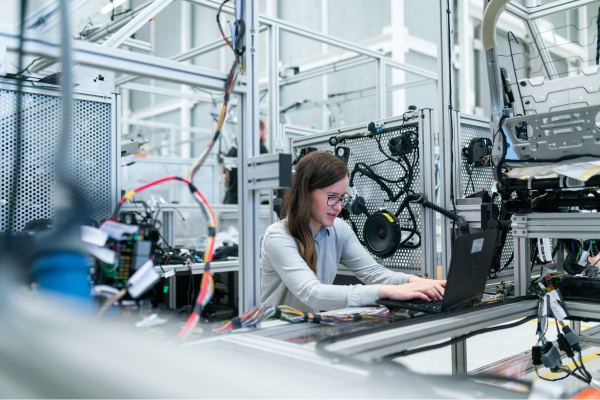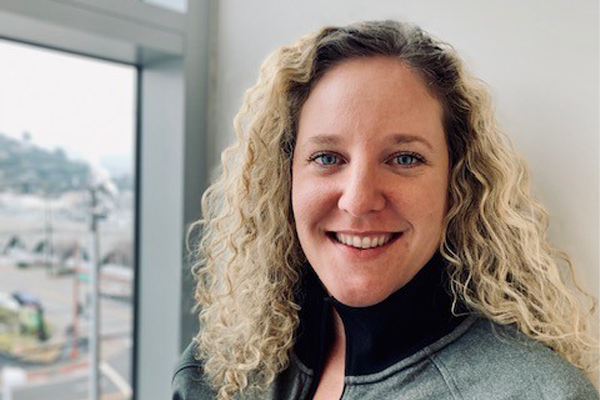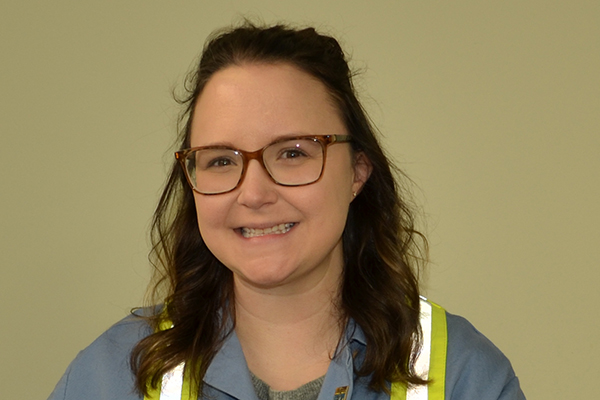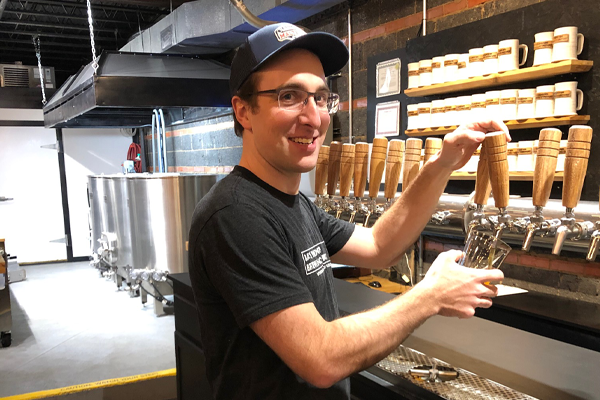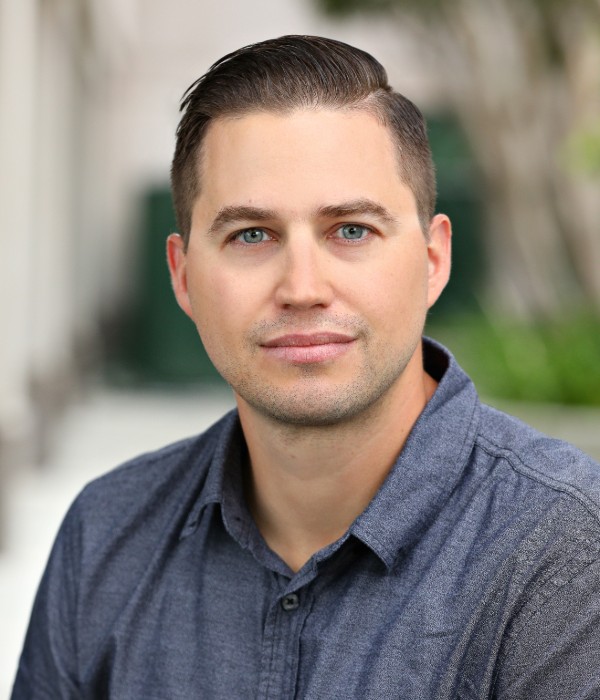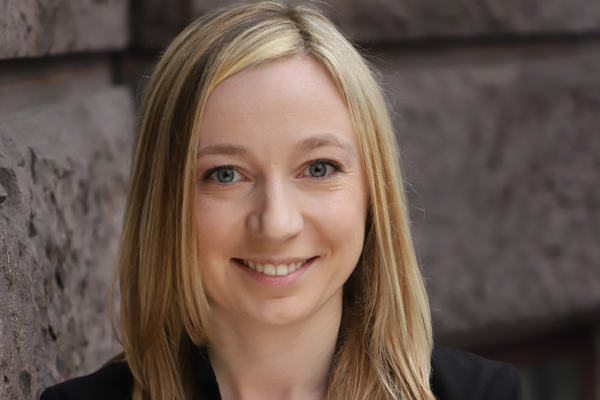By: Michael Holmes, Principal Investigator, FMC Corporation
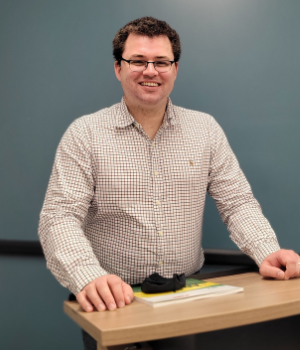
I’ve always been interested in science and there was no doubt in my mind that I would go on to do a PhD as a starting point. I had excellent teachers in high school in both chemistry and physics and when I started at university, I was intending to be an astrophysicist. However, after my first year, I reevaluated and realized that organic chemistry was easily the subject that I found most interesting and I never looked back.
At the end of my undergraduate education at the University of Canterbury in Christchurch, New Zealand, the city was devastated by a large earthquake. It hit while I was running a column on the 8th floor of the chemistry building and that was easily the most terrifying minute and a half of my life, huddling under the lab door with my lab mates.
After that I decided to try my luck overseas and did my PhD under the supervision of Robert Britton at Simon Fraser University in Vancouver, Canada. This was a very interesting lab to be a part of and I worked on a range of projects, from natural product synthesis to the isolation of the bed bug aggregation pheromone. Subsequently I was a postdoc in Michael Krische’s lab at UT Austin before taking up my current role.
What is your current role?
I am a discovery scientist at FMC’s R&D site in Newark, DE. Technically, I am in the herbicide group but I work across the different disciplines in order to discover new, active compounds that help to protect crops from the different diseases, weeds and insects that affect them.
What's the best part of your job?
The independence. My impression from being in academia was that industry was much more focused and regimented but that has not been my experience at all. Instead I have an enormous amount of freedom to pursue new ideas and new active programs. I’ve been working on many different approaches - from leading FMC’s collaboration with Zymergen in applying synthetic biology, to crop protection, to retro-screening old compounds to find novel modes of action that were undetected in the past. Since I started, I have never been given a list of compounds to make and the ability to work on a wide range of projects, targets and disciplines is something I find very fulfilling.
The other thing I really enjoy about my job is the interaction with biology. While biotech might have more enzymatic assays initially, our compounds are sprayed directly on the plants immediately. That means that I can walk across the road every week to the greenhouses and visually see exactly how well my new compounds are doing. This is certainly a highlight of my week and provides immediate motivation to explore the activity that I see there.
Do you recommend pursuing a PhD, and how it has impacted your career in industry?
This is a very personal decision for everyone and it’s not a one size fits all approach. A PhD is tough and I think you have to have the passion and drive in order to successfully make it through the program. Just doing it for a future job would be challenging when research gets tough. However, if you want to have a job working more in project management type roles and leading research teams, then a PhD is going to be a big help. A lot of companies have definite glass ceilings for people with bachelor’s degrees and it is not always possible to move to higher roles on the scientific track there. The experience of pursuing my PhD made me a much stronger chemist and more independent than I would have been straight from undergrad. I also learned an enormous amount from doing a postdoctoral fellowship in the Krische lab, where I worked on very different chemistry to my PhD’s focus. This gave me more breadth of knowledge which is important in any research role.
One other underrated aspect of a PhD is the training in communicating your work to both experts and non-experts. All the teams I work with here are multidisciplinary and being able to succinctly boil your work down to the essentials to move the team forward is a very important skill.
Where do you see yourself in 10 years?
It is never easy to tell where you’ll be in 10 years. I have really enjoyed working in crop protection so I expect I’ll continue to be working in discovery. My work has already largely migrated away from bench work and I expect that will continue as I progress through my career as I work more on idea generation and project management.
What do you like to do away from work?
My son was just born a few months ago so he has been the main focus of life recently.
This article has been edited for length and clarity. The opinions expressed in this article are the author's own and do not necessarily reflect the view of their employer or the American Chemical Society.
Copyright 2021 American Chemical Society (All Rights Reserved)


